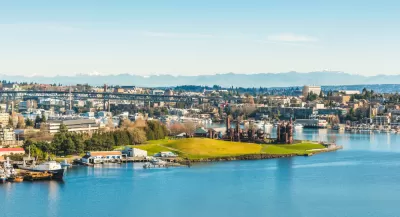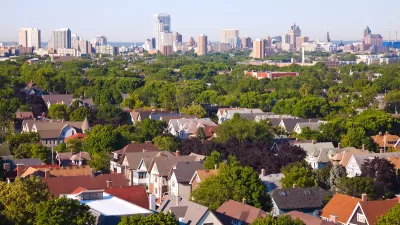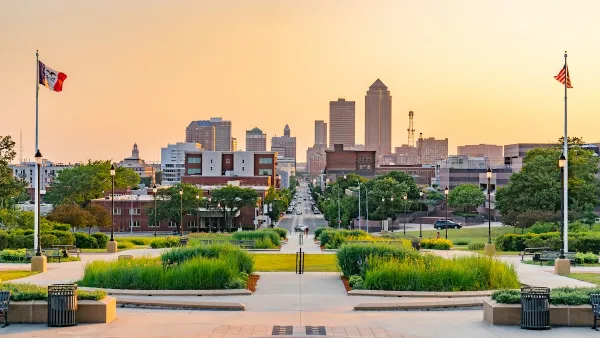Permits for accessory dwelling units jumped by 250 percent between 2019 and 2022.

Since Seattle started permitting accessory dwelling units (ADUs) in 2019, the city has seen a surge in applications for backyard cottages and other ADUs. According to an article by Daniel Beekman in The Seattle Times, “Almost 1,000 ADUs were permitted last year, up from 280 in 2019.”
That number comes from a report evaluating the success of the city’s ADU policy that could serve as evidence for state legislators, who are considering loosening regulations on ADUs and other mid-density housing types statewide. “House Bill 1337 would remove many barriers to ADUs, while Senate Bill 5235 would also remove some. House Bill 1110 would allow duplexes, fourplexes and sixplexes in more areas.” As Beekman explains, “Proponents of those bills can point to ADUs in Seattle as proof of policy decisions boosting a city’s housing supply with diverse choices in popular areas, while skeptics may question how affordable some of the new choices are — or simply object to density in their neighborhoods.”
Washington needs to add 55,000 housing units in the next two decades to meet demand, and proponents of ADUs say they are an effective and affordable option that maintains low density in neighborhoods while adding housing units and giving homeowners an opportunity to earn extra income.
The report notes that ADUs are being built in almost all parts of Seattle, including single-family zones that are otherwise resistant to new housing. “Many new ADUs are being developed in conjunction with new houses in three-unit packages that resemble town houses, the report notes.”
Not all ADUs become long-term housing, however. “The report estimates that 12% of ADUs in Seattle are currently licensed as short-term rentals like those advertised on Vrbo and Airbnb.”
FULL STORY: Seattle is now building more ADUs than single houses

Planetizen Federal Action Tracker
A weekly monitor of how Trump’s orders and actions are impacting planners and planning in America.

Congressman Proposes Bill to Rename DC Metro “Trump Train”
The Make Autorail Great Again Act would withhold federal funding to the system until the Washington Metropolitan Area Transit Authority (WMATA), rebrands as the Washington Metropolitan Authority for Greater Access (WMAGA).

DARTSpace Platform Streamlines Dallas TOD Application Process
The Dallas transit agency hopes a shorter permitting timeline will boost transit-oriented development around rail stations.

San Francisco's School District Spent $105M To Build Affordable Housing for Teachers — And That's Just the Beginning
SFUSD joins a growing list of school districts using their land holdings to address housing affordability challenges faced by their own employees.

Car-Centric LA Suburb Looks to a Train-Oriented Future
City leaders in Rancho Cucamonga, the future western terminus of the Brightline West rail line to Las Vegas, want to reimagine the city as a transit-oriented, pedestrian-friendly community.

New Alaska Bitcoin Mine Would Burn as Much Energy as the State’s Largest Coal Plant
Fueled by “stranded” natural gas, the startup hopes to become the largest in the US, and to make Alaska an industry center.
Urban Design for Planners 1: Software Tools
This six-course series explores essential urban design concepts using open source software and equips planners with the tools they need to participate fully in the urban design process.
Planning for Universal Design
Learn the tools for implementing Universal Design in planning regulations.
Municipality of Princeton
Roanoke Valley-Alleghany Regional Commission
City of Mt Shasta
City of Camden Redevelopment Agency
City of Astoria
Transportation Research & Education Center (TREC) at Portland State University
US High Speed Rail Association
City of Camden Redevelopment Agency
Municipality of Princeton (NJ)





























